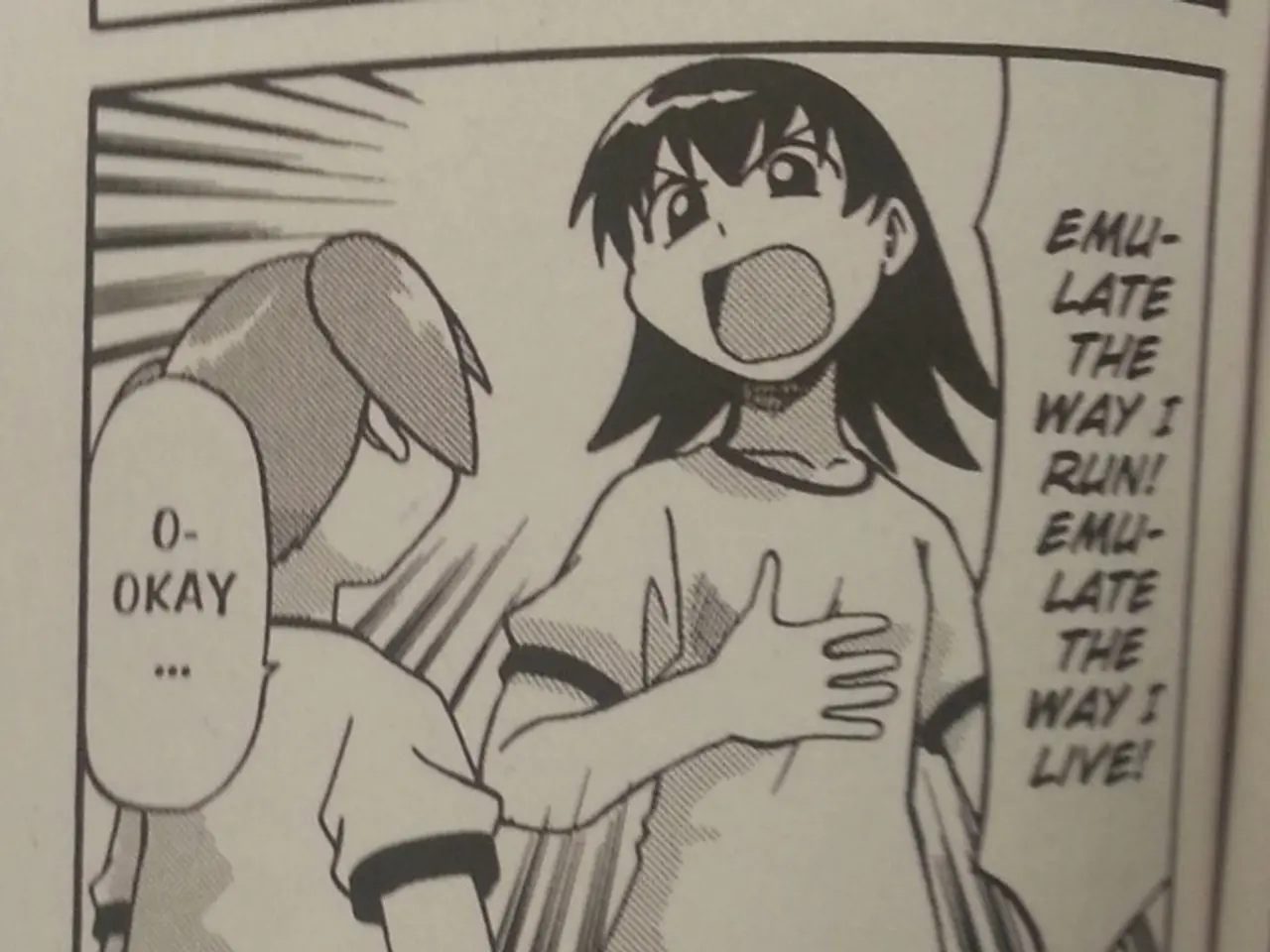In search of singular solitude amidst a sea of twins: an exploration of being the lone sock in a drawer full of matches.
In the modern world, the search for a compatible partner is a journey that involves more than just attraction. Honest, upfront communication about wants and boundaries builds mutual understanding, and it is essential in the process of finding a compatible mate at any age.
This process encompasses knowing one's values, being authentic, meeting like-minded people, taking care of oneself, being patient, communicating clearly, learning and adapting, avoiding pretenses, and building a partnership rather than just attraction. Good values to focus on when seeking a mate include kindness, shared interests, emotional stability, and respect.
The importance of this journey is underscored by the rising trend of fewer people forming long-term partnerships. This trend has significant implications for the survival of the human species, as declining marriage rates and partnership formation have led to reproduction rates falling below the replacement level needed to maintain stable population sizes worldwide. Countries like China and South Korea have experienced dramatic drops in marriage rates, accompanied by below-replacement fertility rates that threaten population sustainability.
Finding a good match takes time, and enjoying the learning process without rushing is important. Engaging socially where one's interests lie, such as clubs, classes, or community groups, can help find compatible partners. Prioritizing shared values and emotional connection over age is recommended when looking for partners.
The feeling of being a "single, unmatched sock" or a matchless individual in relationships and belonging can be explored from philosophical, psychological, and cultural perspectives as a metaphor for social alienation, identity, and the human quest for connection.
Philosophically, this feeling relates to existential themes of individuality, isolation, and the search for meaning within social bonds. Psychologically, this sensation is tied to the experience of social exclusion, loneliness, and the challenge of forming intimate connections. Culturally, the concept of a “single unmatched sock” can symbolize broader social narratives about individuality versus conformity.
In summary, the metaphor of an unmatched sock captures the tension between uniqueness and belonging: philosophically reflecting on identity and community, psychologically pointing to social needs and alienation, and culturally mediated through narratives and rituals that assign meaning to difference.
Stepping back for extended periods of celibacy can allow time to heal, grow, and find peace in one's own company. Without sufficient partnering to support population renewal, humanity faces a fundamental challenge to its future, as the ability to sustain societies hinges critically on these human bonds.
[1] (illustrates how even situations of great social separation can find connection through shared rituals that embrace difference, offering hopeful perspectives on the feeling of mismatch.)
- In the process of seeking a compatible partner, it's essential to focus on personal growth, mindfulness, and goal-setting as these skills can enhance one's lifestyle and career development.
- The journey of love-and-dating is intertwined with family-dynamics, as individual choices often impact the structure and dynamics of future families.
- The search for a compatible partner should involve education-and-self-development, as understanding one's values, boundaries, and wants fosters healthier relationships.
- Honest and open communication is not only crucial in romantic relationships but also in professional settings, as it fosters better career development and requires skill-training.
- In the quest for a meaningful partner, it's essential to embrace the feeling of being a "single, unmatched sock" and explore it from philosophical, psychological, and cultural perspectives to better understand oneself and the human quest for connection.
- As the trend of declining partnerships and reproduction rates pose a threat to human survival, it's vital to prioritize relationship building and the search for a compatible partner for the survival and growth of humanity.




